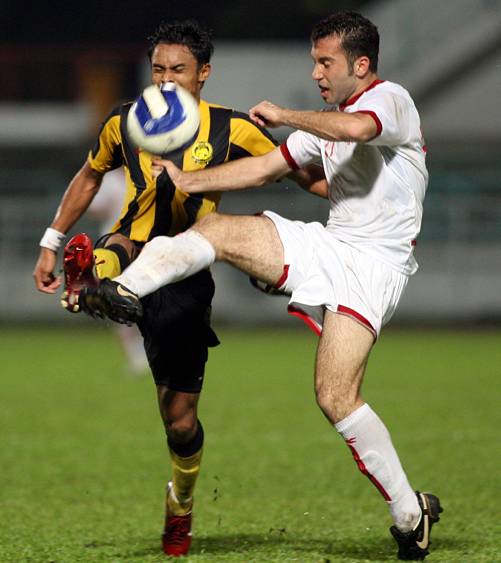This week we will be experiencing something called Godly Play. I can't really explain it to you, other than it involves a parable. The only way you'll know what I mean is if you come and experience it for yourself.
[source]
Some friends and I offered a Godly Play session as evening worship during our summer school last August. I was amazed at how many students came up to us afterwards saying things like,
I liked it so much more than I thought I would.
or I hadn't expected it to be like that.
or Now I understand!
I liked it so much more than I thought I would.
or I hadn't expected it to be like that.
or Now I understand!
So many people "know" that they don't like trendy worship and so "know" that they won't like Godly Play.* Or they "know" that it's only for children,* and only for Episcopalians.* Maybe they "know" that Godly Play is about making children sit down and shut up.* Or that discipline is "outsourced" to the door person.* Or that Godly Play storytellers don't make eye contact with children: Preposterous!*
 Whatever your preconceptions about Godly Play, may I invite you to seek out a taster course and experience it for yourself? If you've had one bad experience with Godly Play, might I beg you to give it a second chance? It's not the only curriculum out there and it's not the only approach that works. But there's a quiet beauty in the way it allows you to "play" in the presence of (and even with) God. I'd love for you to experience that.
Whatever your preconceptions about Godly Play, may I invite you to seek out a taster course and experience it for yourself? If you've had one bad experience with Godly Play, might I beg you to give it a second chance? It's not the only curriculum out there and it's not the only approach that works. But there's a quiet beauty in the way it allows you to "play" in the presence of (and even with) God. I'd love for you to experience that.
One man from summer school said, If you'd told me I would happily sit during worship and play with modelling wax... I'd have said you were mad.
*endnotes:
- Most adults experience Godly Play as gently thought-provoking. Nobody is ever asked to do anything they don't want to do, not even answer questions.
- Godly Play has been used with people of many ages. The invitation quoted above was for teenagers.
- Godly Play is used within many Christian denominations and by people outside traditional denominations as well. It is Biblical and liturgical. Storytellers are encouraged to adapt the liturgical lessons to fit the practices of their own churches (for example, when and how people are baptised).
- In Godly Play, children are given a lot of freedom of choice... within clear constraints and boundaries. GP follows some of the educational principles of Maria Montessori, as well as Sofia Cavalletti's use of these principles in the spiritual education of children.
- There is a division of labour in Godly Play, but it's about achieving the smoothest possible supervision of the classroom. The storyteller and door person work together as a team.
- Here's a post I wrote about eye contact.

